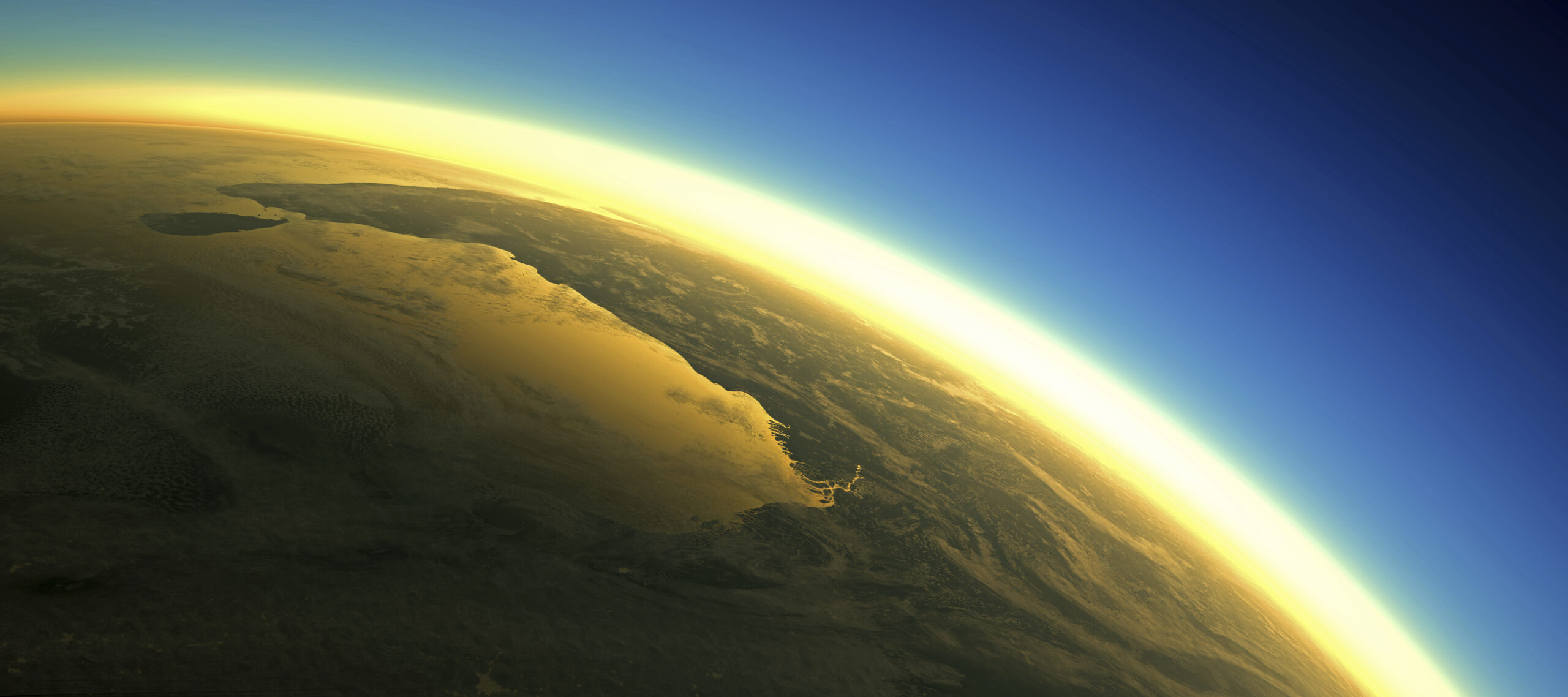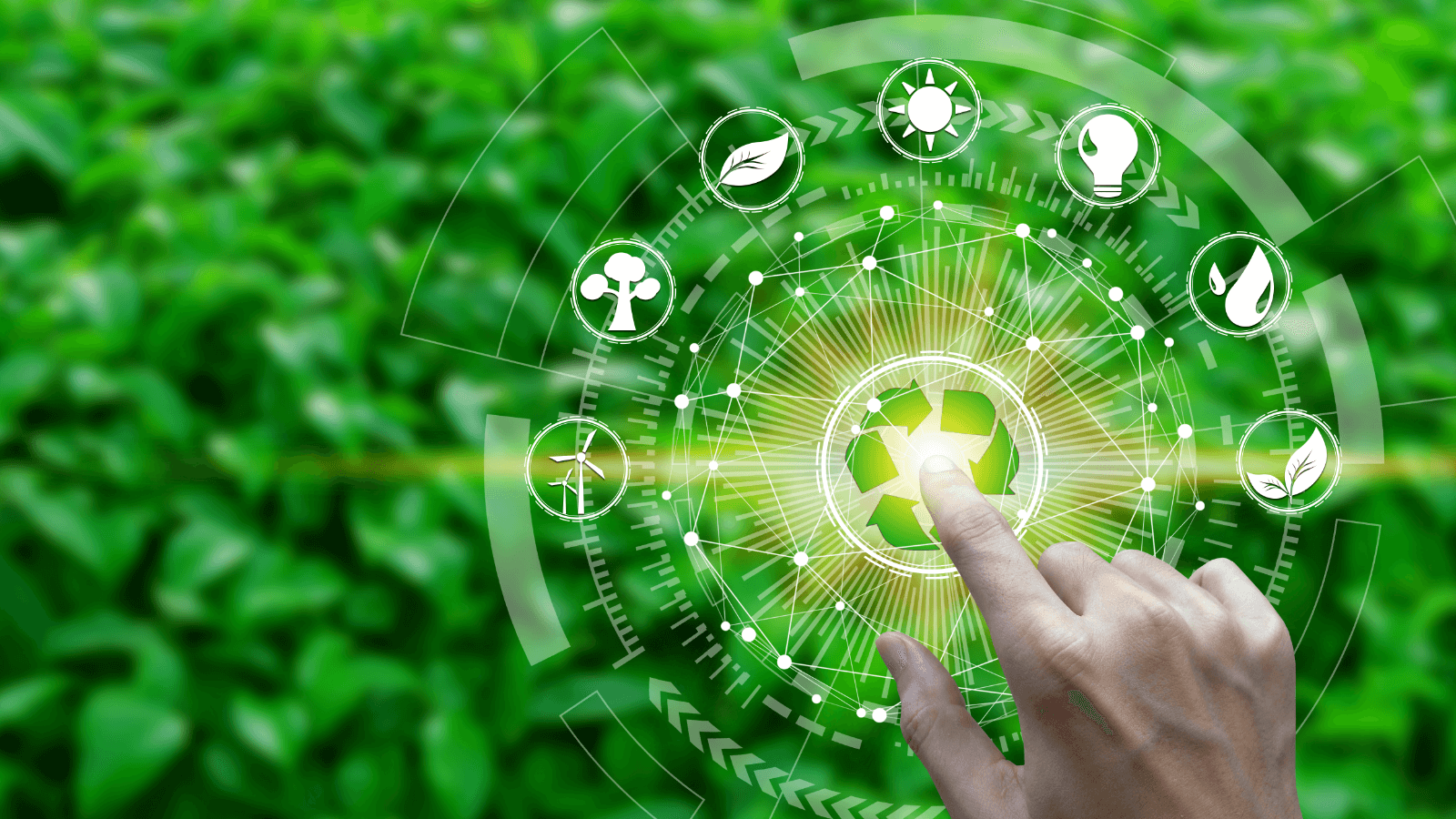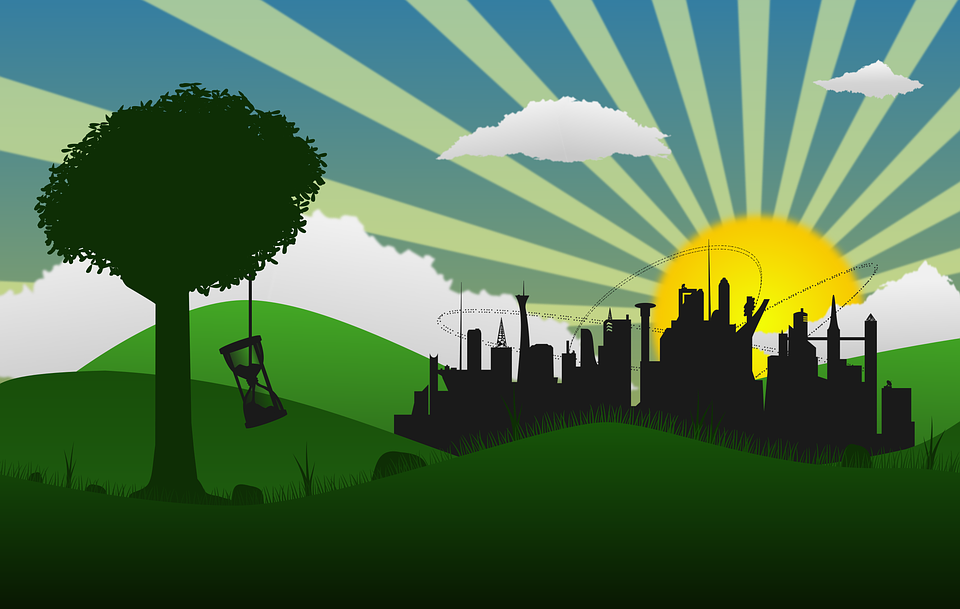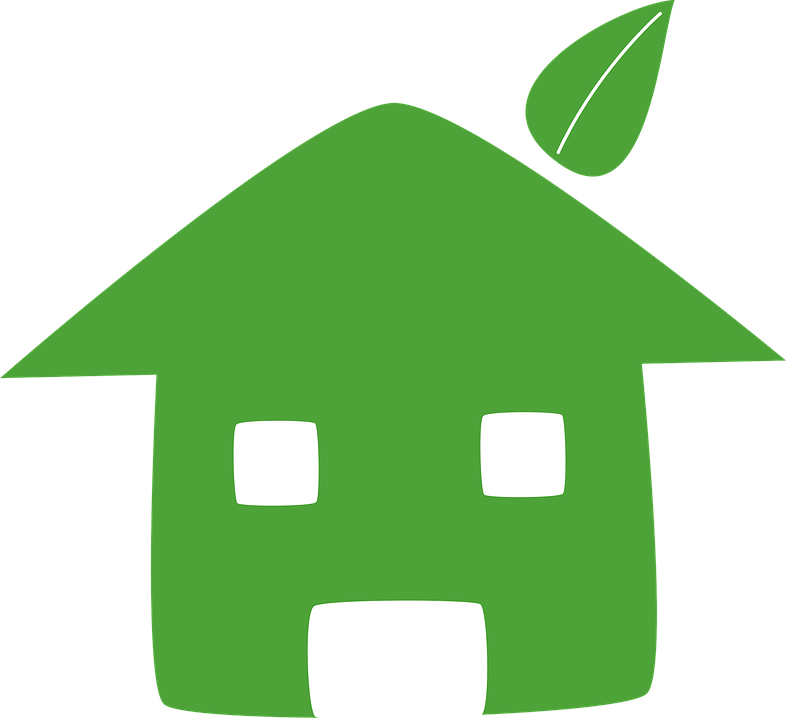Sustainable development is the concept that defines the need for transition and change that our planet and its inhabitants need to live in a more equitable, healthy, and environmentally friendly world.
A model for the organization of society:
Sustainable development comes from the combination of two words, which, put together, define a model of the organization of society.
By development, we mean the improvement of the performances (economic, social, etc…) of a society.
The term sustainable characterizes something that lasts, that is stable and resistant.
The combination of the two words defines sustainable development: the improvement of the performance of a society to make it stable in time.
Sustainable development is a way of organizing society to meet the needs of the present as effectively as possible without compromising the ability of future generations to meet their own needs. Today, this transition to a more sustainable model is necessary to live in a more equitable world and to preserve our planet and its natural resources.
The model of a sustainable society is based on fundamental pillars and principles.
The three pillars of sustainable development
Sustainable development implies a mode of organization based on 3 essential pillars:
The environmental quality of human activities to limit environmental impacts and preserve ecosystems and natural resources in the long term.
Social equity ensures that all members of society have access to basic resources and services (education, health, food, housing, etc.) to meet humanity’s needs, reduce inequalities and maintain social cohesion.
Economic efficiency by reducing extreme poverty and guaranteeing employment for the greatest number of people in an economic activity that pays a decent wage. A sustainable economy is a healthy management of human activities without harming humans or the environment.
These 3 pillars make up the challenges of sustainable development. These pillars are accompanied by fundamental principles to achieve a more sustainable society.
The fundamental principles of sustainable development
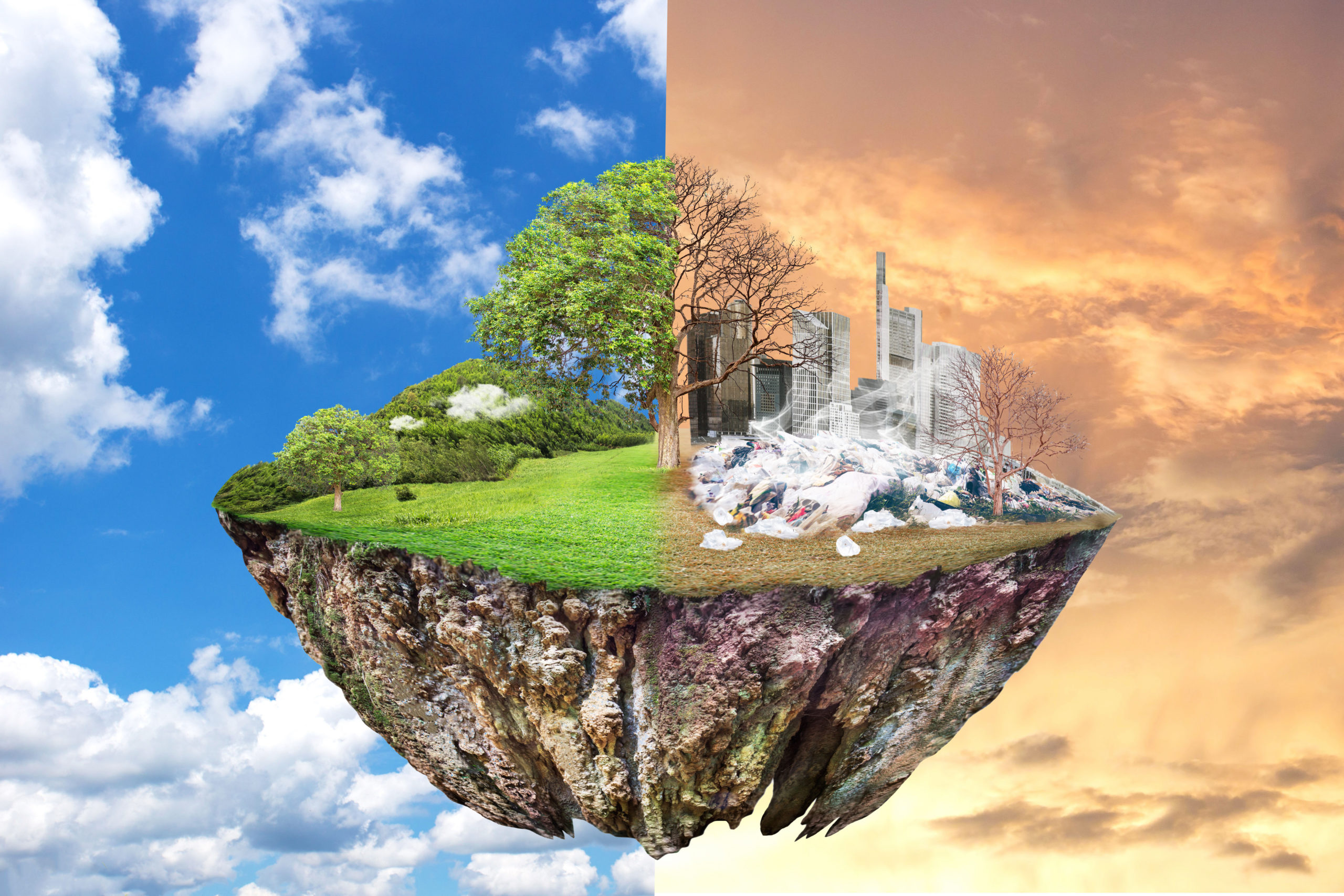
Solidarity between countries, peoples, generations, and members of society. For example: save raw materials so that the greatest number of people can benefit from them.
Precaution in decisions in order not to cause catastrophes when we know that there are risks to health or the environment. For example: limiting CO2 emissions to slow down climate change.
Participation of everyone, regardless of their profession or social status, ensures the success of sustainable projects. For example: setting up children and youth councils.
Responsibility of everyone, citizen, industrialist, or farmer. So that whoever damages, degrades, and pollutes repairs. For example: make the industries that pollute a lot pay a tax.
These principles are sometimes incompatible with the consumer society in which we live.
This is why many people (elected officials, associations, companies, individuals, young people…) are asking that our economic system be rethought to move towards a more sustainable society to preserve the planet and its resources.
Sustainable development is an urgent need and a real opportunity to redesign our society.
Why is sustainable development essential today?
In 1800, there were 900 million human beings on earth. In 2020, our planet will be home to 7.8 billion people. This strong population growth is accompanied by increased demand for goods and services and production methods that lead to environmental and social disorders.
In the 1970s, many experts and scientists sounded the alarm about the impact of human activity on the planet. Since the industrial revolution, our society has experienced unprecedented development, but without really measuring the consequences of the evolution of its lifestyle. To this have been added:
the acceleration of exchanges with the rest of the world (globalization);
the increase in inequalities between rich and developing countries;
the demographic growth forecasts aim at 10 billion inhabitants on the planet by 2100.
Today, 80% of natural resources are consumed by 20% of the world’s population. This creates areas of great wealth and great poverty. In some areas of the world, the inhabitants do not have access to drinking water, health care, education, and a dignified job.
But how can we ensure access to food and drinking water, health, and education for all? How can we ensure the protection of biodiversity and fight against climate change?
This is why finding a new model of sustainable development is urgent.
Human societies will have to enter a transition and rethink all their activities. Many actors are already engaged in this transition towards a mode of operation that is more respectful of the environment and human beings.
The actors of sustainable development
Everyone is concerned by this transition to a new, more sustainable model of society. The different actors who are already acting, at their own level, by carrying out sustainable development actions are the citizens: children, young people, parents, etc…, the eco-delegates in high schools and colleges, educational institutions: schools, colleges, high schools, universities, campuses, associations and clubs, companies, farmers, local authorities: cities, departments, regions…, the State, the European Union, and many others…
We are all concerned with sustainable development, so let’s move together toward a new model of society that is more respectful of the environment.
